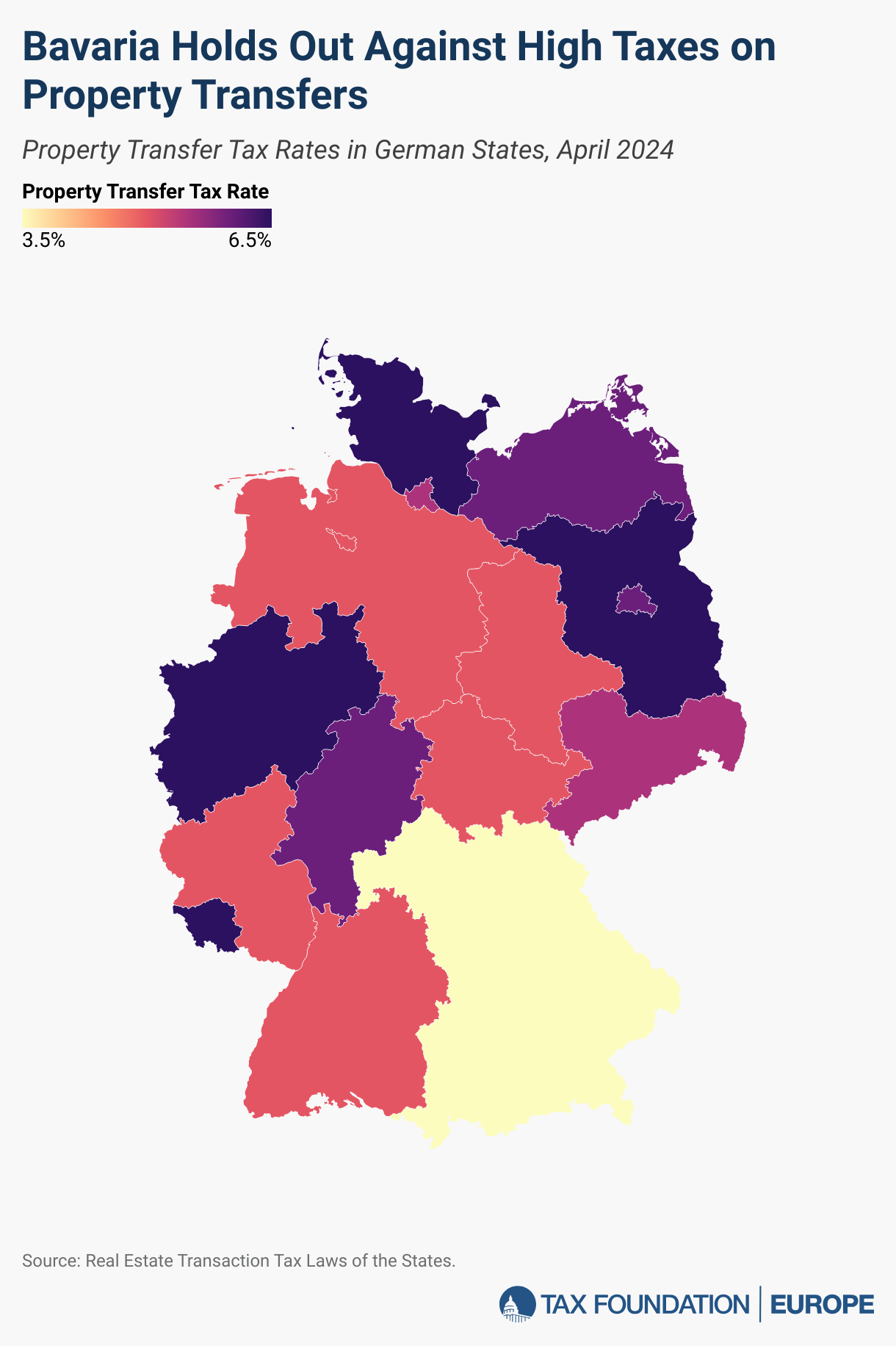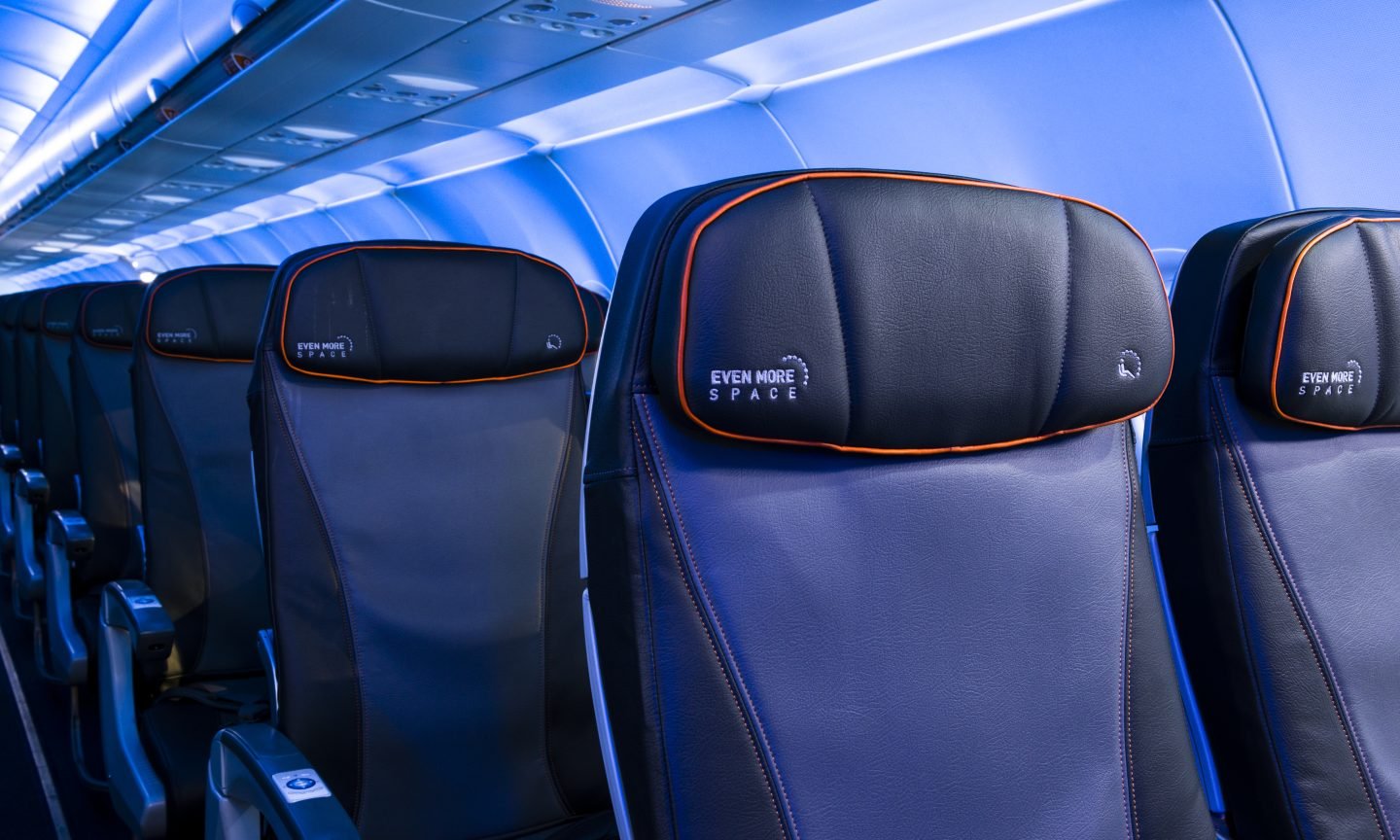What Congress provides with one provision, it often takes away with another. This can result in legal challenges whereby the court creates exceptions. The exceptions can be modified and qualified by later legislation. This creates a labyrinth that one has to navigate to determine how an item is treated for federal income tax purposes.
The tax deduction for car and truck expenses provides an example. The Hoakison v. Commissioner, T.C. Memo. 2022-117, case provides an opportunity to consider these rules. The case addresses the “qualified nonpersonal use vehicle” exception to the Section 274(d) recordkeeping requirement.
Tax Deductions, Generally
Our tax laws allow for various tax deductions, including the Section 162 deduction for “ordinary and necessary” business expenses and the Section 212 deduction for investment expenses.
Sections 162 and 212 are akin to catch-all provisions, as they allow for a myriad of expenses to qualify for a tax deduction even though they do not specifically enumerate all of the different types of expenses that are allowable.
There are several limitations on the amount of tax deductions that are allowable that are found in the tax code. This includes various phase-outs, calculations that serve as limitations, qualifications that serve as limitations, etc.
Tax deductions can also be limited by the IRS on audit if the IRS concludes that the taxpayer did not keep sufficient records.
This sets up one of the most frequent disputes between the IRS and taxpayers. For most expenses, the IRS cites the general rule in Section 6001 that a taxpayer has to keep books and records to support his or her tax deductions. Taxpayers, in turn, cite the Cohan rule which allows estimations in some cases. The IRS Office of Appeals or the U.S Tax Court often has to decide which party is more correct given the facts, written evidence, and credibility of any testimonial evidence.
The Heightened Substantiation Requirement
The Cohan rule does not always apply, however. It does not apply to expenses that are limited by Section 274(d), for example.
Section 274(d) sets out heightened substantiation requirements for tax deductions for certain types of expenses. This includes expenses:
Under Sections 162 or 212 for any traveling expense (including meals and lodging while away from home),
For any expense for gifts, or
With respect to any listed property (which includes certain vehicles)
According to Section 274(d), these expenses are only allowable if the taxpayer can show by records or evidence:
The amount of such expense or other item,
The time and place of the travel or the date and description of the gift,
The business purpose of the expense or other item, and
The business relationship to the taxpayer of the person receiving the benefit.
The inapplicability of the Cohan rule for these expenses usually results in the IRS auditor proposing to disallow the expense and then the courts sustaining the disallowance.
The reason why these expenses are disallowed often has nothing to do with the taxpayer or their records, but rather, an unattainable recordkeeping requirement. We live in a time of high technology. Activities can be tracked with precision in a way that they could not be tracked just a few decades ago. While this may sound like a justification for a higher substantiation requirement, it is a justification for just the opposite.
We are all tracked wherever we go. We monitor the news, weather, and other information in real time. Information is everywhere–and it is always present. It is against this information-overload backdrop and the burden to constantly keep up-to-date and current that taxpayers often do not keep records of business use of vehicles. Mileage logs are an inconvenience that adds to the information-creating mess that we live with today. It’s just too much. It’s just beyond the reach of what is reasonable in today’s society.
And this does not get to the cases where records were kept and lost due to natural disasters, fires, etc.
This is why an exception to Section 274(d) and its higher requirements is needed. And there are exceptions. Expenses for a “qualified nonpersonal use vehicle” is an example of this.
What is a Qualified Nonpersonal Use Vehicle?
According to Section 274, a “qualified nonpersonal use vehicle” is “any vehicle which, by reason of its nature, is not likely to be used more than a de minimis amount for personal purposes.”
The Treasury Regulations help clarify what vehicles qualify for this exception. Treasury Regulation § 1.274-5(k)(7) says that this term “means any vehicle which, by reason of its nature (that is, design), is not likely to be used more than a de minimis amount for personal purposes.”
The regulation goes on to provide a long list of types of vehicles that fit this bill:
(A) Clearly marked police, fire, and public safety officer vehicles (as defined and to the extent provided in paragraph (k)(3) of this section).
(B) Ambulances used as such or hearses used as such.
(C) Any vehicle designed to carry cargo with a loaded gross vehicle weight over 14,000 pounds.
(D) Bucket trucks (cherry pickers).
(E) Cement mixers.
(F) Combines.
(G) Cranes and derricks.
(H) Delivery trucks with seating only for the driver, or only for the driver plus a folding jump seat.
(I) Dump trucks (including garbage trucks).
(J) Flatbed trucks.
(K) Forklifts.
(L) Passenger buses used as such with a capacity of at least 20 passengers.
(M) Qualified moving vans (as defined in paragraph (k)(4) of this section).
(N) Qualified specialized utility repair trucks (as defined in paragraph (k)(5) of this section).
(O) Refrigerated trucks.
(P) School buses (as defined in section 4221(d)(7)(c)).
(Q) Tractors and other special purpose farm vehicles.
(R) Unmarked vehicles used by law enforcement officers (as defined in paragraph (k)(6) of this section) if the use is officially authorized.
(S) Such other vehicles as the Commissioner may designate.
This list is not an exhaustive list. It just provides examples.
What About Modified Farm Trucks?
The list of vehicles in the regulations does not mention trucks that are modified to operate as farm trucks. That is what the court had to address in the Hoakison case. The court describes the trucks and its reasons for finding them to be qualified is as follows:
Petitioners argue that section 274(d) is inapplicable to the pickup trucks because each was modified in some way to be used on the farm and was not likely to be used more than a de minimis amount for personal purposes. With respect to the 1995 Ford F250 and the 1999 Ford F350, the Court agrees. The 1995 Ford F250 had a bale stabber attached and was used exclusively to transport hay, and the 1999 Ford F350 was equipped with tools and equipment, including a torch, oil, and two 60-gallon fuel tanks. The Court finds that both were modified with the result that they were not likely to be used more than a de minimis amount for personal purposes and that the strict substantiation requirements of section 274(d) do not apply with respect to those two trucks.
The 2008 Ford F350 and the 2011 Ford F350 were both one-ton diesel engines that petitioners used to transport livestock between farms, to the veterinarian, or to market. Petitioners kept trailers attached to both trucks at nearly all times, including a 24-foot flatbed and a 30-foot livestock trailer for transporting livestock to the veterinarian in the case of an emergency. On the basis of petitioners’ credible testimony, as well as the weight and function of the vehicles and the attached trailers, the Court finds that strict substantiation requirements of section 274(d) do not apply with respect to the 2008 Ford F350 and the 2011 Ford F350.
The Hoakison case helps clarify what types of vehicles can qualify. This court case confirms that just about any vehicle that is modified such that it would be less likely to be used for personal activities qualifies.
This clarification is helpful given that IRS agents frequently apply Section 274(d) substantiation requirements to disallow expenses associated with these vehicles.
The Takeaway
Just because the IRS says that expenses for vehicles are disallowed and cites Section 274(d) as the justification, this does not mean that the expenses are not allowable.
Qualified nonpersonal use vehicles are an exception to Section 274(d) and its requirements. As this case shows, there are a number of types of vehicles–other than those set out in the regulations–that can qualify.
Watch Our Free On-Demand Webinar
In 40 minutes, we’ll teach you how to survive an IRS audit.
We’ll explain how the IRS conducts audits and how to manage and close the audit.























